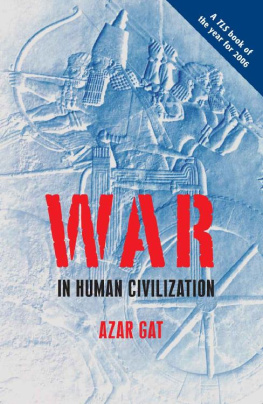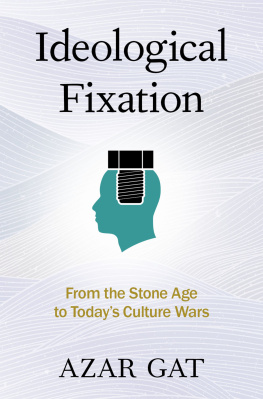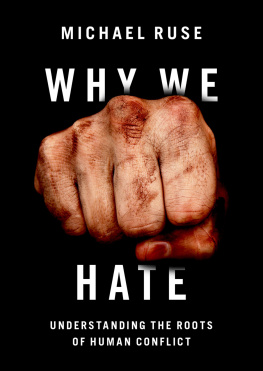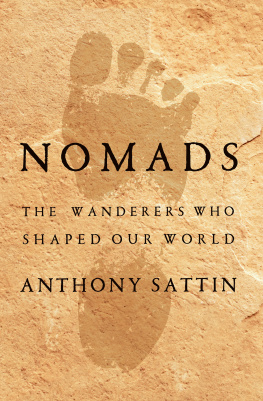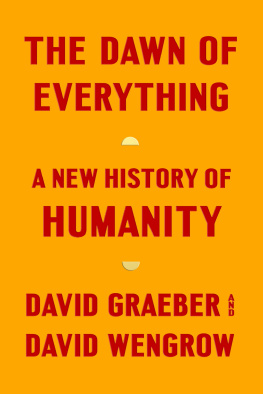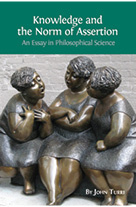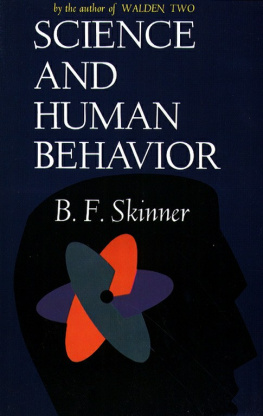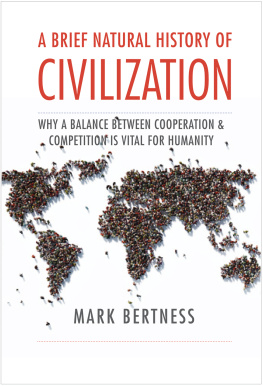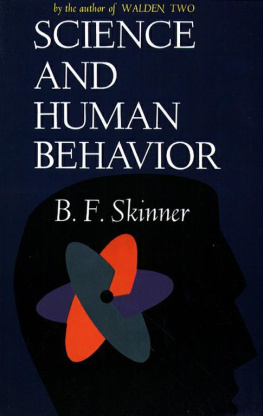WAR IN HUMAN CIVILIZATION
Azar Gat is Ezer Weitzman Professor of National Security in the Department of Political Science at Tel Aviv University. He has published widely in the field of military history and strategy, including A History of Military Thought: From the Enlightenment to the Cold War , also published by Oxford University Press, and has held research and teaching positions at Freiburg, Oxford, Yale, Ohio State, and Georgetown universities.
WAR IN HUMAN CIVILIZATION
AZAR GAT


Great Clarendon Street, Oxford OX2 6DP
Oxford University Press is a department of the University of Oxford.
It furthers the Universitys objective of excellence in research, scholarship,
and education by publishing worldwide in
Oxford New York
Auckland Cape Town Dar es Salaam Hong Kong Karachi
Kuala Lumpur Madrid Melbourne Mexico City Nairobi
New Delhi Shanghai Taipei Toronto
With offices in
Argentina Austria Brazil Chile Czech Republic France Greece
Guatemala Hungary Italy Japan Poland Portugal Singapore
South Korea Switzerland Thailand Turkey Ukraine Vietnam
Oxford is a registered trade mark of Oxford University Press
in the UK and in certain other countries
Published in the United States
by Oxford University Press Inc., New York
Azar Gat, 2006
The moral rights of the author have been asserted
Database right Oxford University Press (maker)
First published 2006
First published in paperback 2008
All rights reserved. No part of this publication may be reproduced,
stored in a retrieval system, or transmitted, in any form or by any means,
without the prior permission in writing of Oxford University Press,
or as expressly permitted by law, or under terms agreed with the appropriate
reprographics rights organization. Enquiries concerning reproduction
outside the scope of the above should be sent to the Rights Department,
Oxford University Press, at the address above
You must not circulate this book in any other binding or cover
and you must impose this same condition on any acquirer
British Library Cataloguing in Publication Data
Data available
Library of Congress Cataloging in Publication Data
Gat, Azar.
War in human civilization/Azar Gat.
p. cm.
Includes bibliographical references and index.
ISBN13:
ISBN10: 0199262136 (alk. paper)
1. War and society. 2. War and civilization. 3. WarHistory. I. Title.
HM554. G37 2006
303.66dc22 2006017223
Typeset by SPI Publisher Services, Pondicherry, India
Printed in Great Britain by
Ashford Colour Press Limited, Gosport, Hampshire
ISBN 9780199262137 (Hbk) 9780199236633 (Pbk)
10 9 8 7 6 5 4 3 2 1
Praise for War in Human Civilization:
An immensely ambitious work covering not only history but archaeology, anthropology, ethnography, demography and economics, to name but a few its weight of learning is borne aloft by the authors enthusiasm for his subject and takes his readers with it. If only there were more scholars like this!
Sir Michael Howard, TLS Books of the Year
Theres any amount of fascinating insight to be found in this big and enormously ambitious interdisciplinary study.
The Scotsman
A mature and impressive work
Jeremy Black, University of Exeter
A book of extraordinary ambition, erudition and range Every student of war will be obliged to engage with this remarkable piece of scholarship.
Professor Sir Lawrence Freedman, Kings College London
A work of extraordinary scope and formidable erudition Gat definitively unravels the riddle of civilization and war.
Robert J. Lieber, Georgetown University
A towering and triumphant achievement acute, scholarly, and wide-ranging: it is certainly one of the most important works on the subject written since 1945. Gat is at the top of his brilliant form, linking a variety of disciplines in a rich and comprehensive study of this most pertinent of issues.
Richard Holmes, Cranfield University, and co-editor of The Oxford Companion to Military History
To my family
Contents
12. Conclusion: War, the Leviathan, and the
Pleasures and Miseries of Civilization
Preface: The Riddle of War
This is an ambitious book. It sets out to find the answers to the most fundamental questions relating to the riddle of war. Why do people engage in the deadly and destructive activity of fighting? Is it rooted in human nature or is it a late cultural invention? Have people always engaged in fighting or did they start to do so only with the advent of agriculture, the state, and civilization? How were these, and later, major developments in human history affected by war and, in turn, how did they affect war? Under what conditions, if at all, can war be eliminated, and is it declining at present?
These questions are not new and have seemingly resisted conclusive answers to the point that both questions and answers appear almost as clichs. In reality, however, they have very rarely been subjected to rigorous comprehensive investigation and, indeed, have largely been regarded as being too big for serious scholarly treatment. With war being connected to everything else and everything else being connected to war, explaining war and tracing its development in relation to human development in general almost amount to a theory and history of everything. As so much is relevant to the subject, one is required to read pretty much everything and become sufficiently expert in many fields. These are the prerequisites that it has been necessary to meet to produce this book.
Indeed, in pursuing the subject of war the book draws on information and insights from a wide range of scholarly disciplines and branches of knowledge, most notably: animal behaviour (ethology), evolutionary theory, evolutionary psychology, anthropology, archaeology, history, historical sociology, and political science. Separated from each other by disciplinary walls, they all too often remain self-contained and oblivious of, if not downright hostile to, the others methods, perspectives, and bodies of knowledge. Each discipline has its particular subject matter, choice methods for studying it, a set of dominating research questions, and, not least, distinctive terminology, historical development, and fashionable concerns. Together, all these constitute a disciplinary culture and set the criteria for each disciplines standard researchassimilated through professional trainingwhich defines what constitutes good questions, acceptable answers, and a legitimate scholarly pursuit. In consequence, not unlike the different cultures, societies, and states dealt with in this book, different disciplines habitually find the others alien, their language quirky, and their scholarly agenda misconstrued. Even when dealing with related subjects, they find it difficult to communicate or to make the others work relevant to their own interests. One might even say that, particularly when dealing with related subjects, mutual scepticism, disdain, and even derision often prevail between disciplinessome of which is justified, because disciplines tend to be stronger on their special pursuits and weaker on others. Thus scholars in the humanities and social sciences have long been trained to believe that biology and human biology are practically irrelevant to their subjects. Historians are typically horrified by social scientists careless treatment of the particularities of each time and place and by their often crude modelling, whereas the latter, for their part, believe that historians are so immersed in reconstructing the minutiae of particular periods and societies as to be professionally incapable of seeing any broader and more general picture.
Next page
